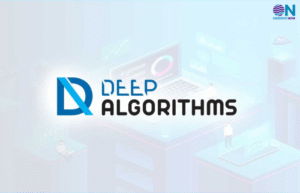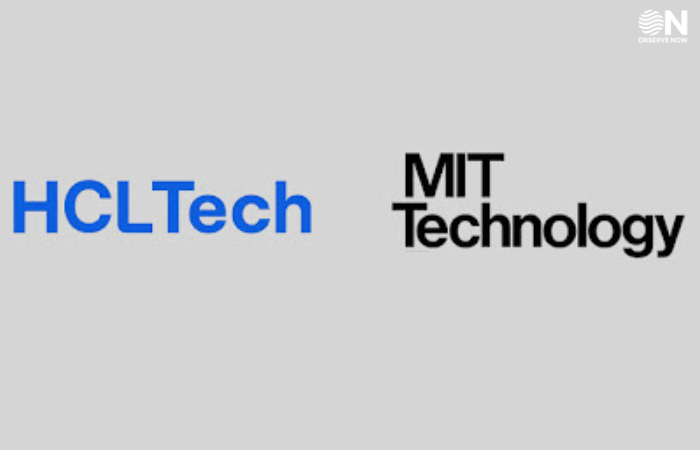Satya Nadella Tops Inaugural HSBC Hurun Global Indians List 2024
Microsoft Chairman and CEO Satya Nadella has claimed the top spot in the first-ever HSBC Hurun Global Indians List 2024, which ranks 226 leaders of Indian origin helming some of the world’s most valuable companies. Alphabet CEO Sundar Pichai and YouTube CEO Neal Mohan secured the second and third positions, respectively.
The list underscores the global influence of Indian-origin leaders, highlighting their significant contributions across industries. According to Hurun, the ranking was based on a survey of 400 respondents, including wealth creators featured in its previous lists. The combined value of companies led by these leaders stands at a staggering $10 trillion.
The companies were ranked by market capitalisation or valuations for non-listed entities, with November 29, 2024, as the cut-off date. The report revealed that 79% of the leaders reside in the United States, followed by 5% in the UK and 4% in the UAE. San Francisco emerged as the city with the highest number of entries, home to 37 leaders, followed by New York and Palo Alto.
Here is the top 10 list of most influential Global Indians as per HURUN:
1. Satya Nadella, Microsoft
2. Sundar Pichai, Alphabet
3. Neal Mohan, YouTube
4. Thomas Kurian, Google Cloud
5. Shantanu Narayen, Adobe
6. Sanjiv Lamba, Linde
7. Vasant Narasimhan, Novartis
8. Arvind Krishna, IBM
9. Vimal Kapur, Honeywell International
10. Kevin Lobo, Stryker
The software and services sector dominated the list with 87 leaders, reflecting the stronghold of Indian-origin professionals in technology. Financial services followed with 24 leaders, and healthcare contributed 21. Renowned names like Vasant Narasimhan of Novartis and Shantanu Narayen of Adobe were also featured.
The report highlighted the entrepreneurial spirit of these leaders, noting that 57% are first-generation entrepreneurs, 41% are professionals, and 2% are inheritors. Notable first-generation entrepreneurs include Aneel Bhusri of Workday and Prem Watsa of Fairfax Financial Holdings. The youngest leader on the list is Tanay Tandon, the 27-year-old co-founder of Commure.
Women leaders were also prominently featured, with 12 women making the cut. Reshma Kewalramani of Vertex Pharmaceuticals led the list, followed by Jayshree Ullal of Arista Networks and Leena Nair, Global CEO of Chanel. Nair, in particular, was recognised as the most influential woman of Indian origin.
The survey revealed that Satya Nadella and Sundar Pichai are regarded as the most influential global Indians, with over half of the respondents voting for them. The HSBC Hurun Global Indians List 2024 not only celebrates their remarkable achievements but also showcases the growing prominence of Indian-origin leaders on the global stage.





























